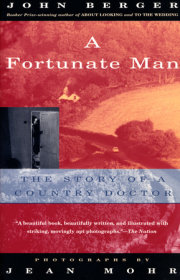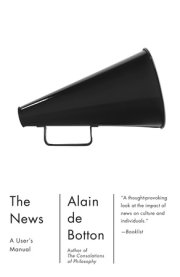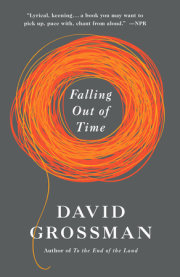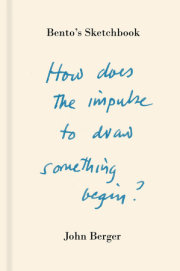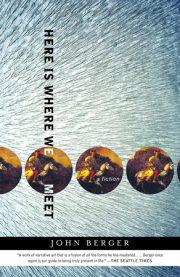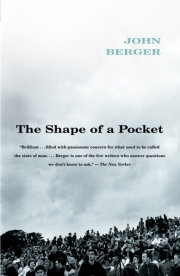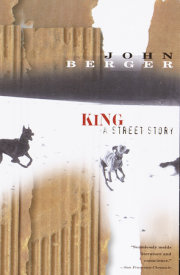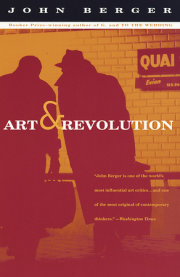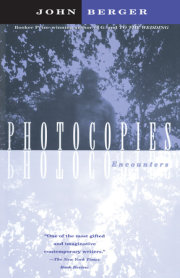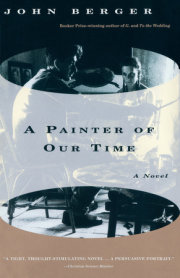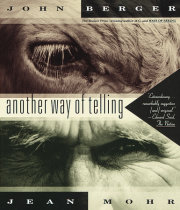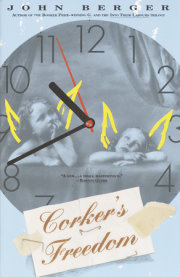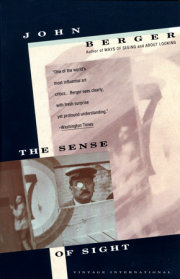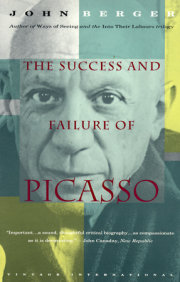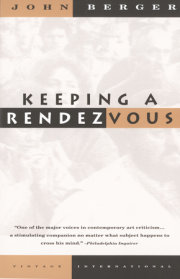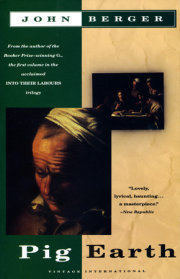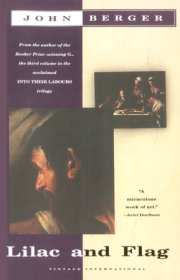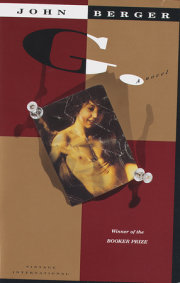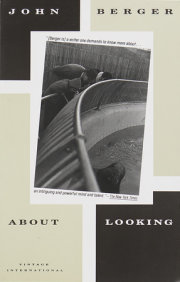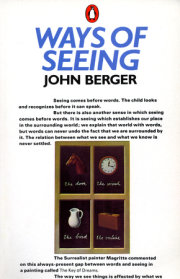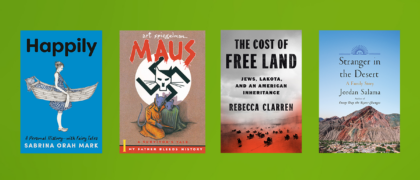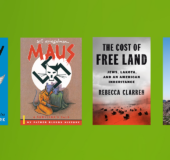Books for Jewish American Heritage Month
In honor of Jewish American Heritage Month in May, we are sharing books by Jewish authors who share their individual stories, experiences, and lives. Find our full collection of titles here.

In honor of Jewish American Heritage Month in May, we are sharing books by Jewish authors who share their individual stories, experiences, and lives. Find our full collection of titles here.
For Mental Health Awareness Month in May, we are sharing books to educate and raise awareness about mental health and the various factors that may affect it, and to provide tools and resources for student wellness. Find our full collection of titles here.
Every May we celebrate the rich history and culture of Asian Americans, Native Hawaiians, and Pacific Islanders. Browse a curated selection of fiction and nonfiction books by AANHPI creators that we think your students will love. Find our full collection of titles for Higher Education here.
Get the latest news on all things Higher Education.
Learn about our books, authors, teacher events, and more!
/
